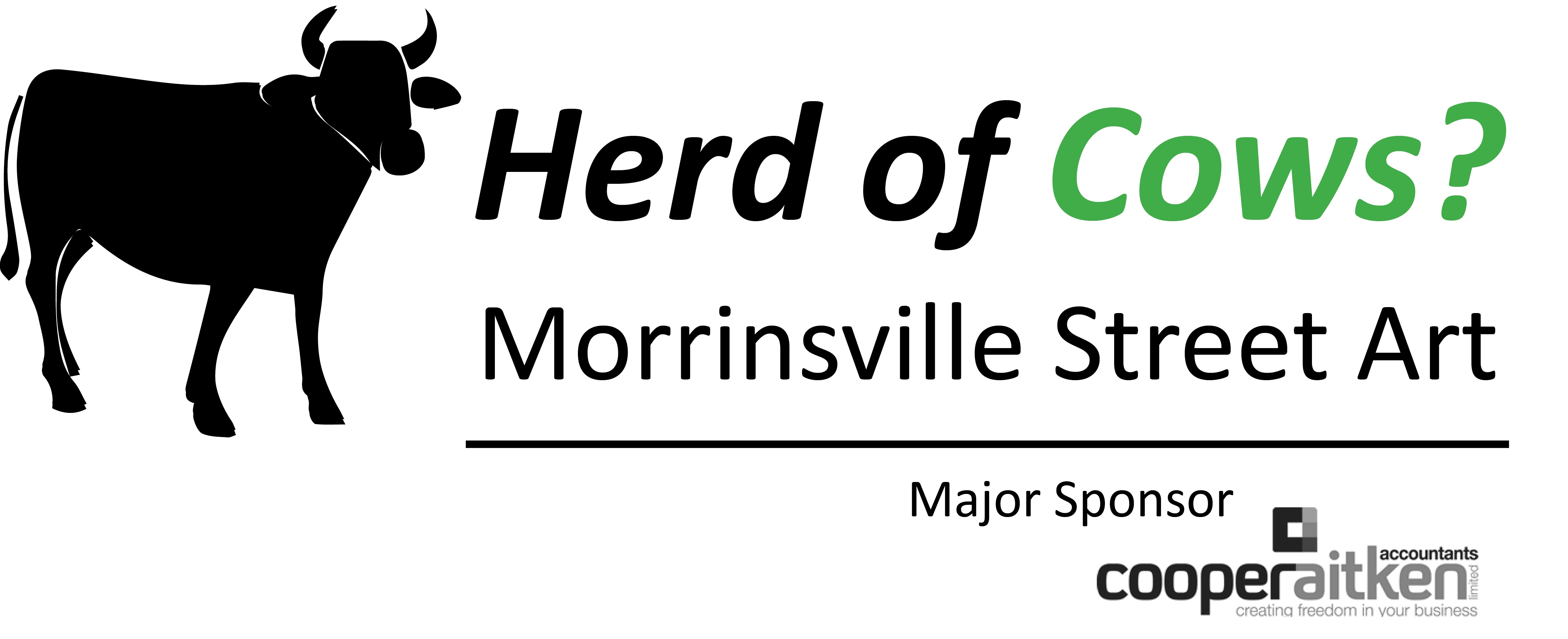
How do I pay my relief milker?
One of the most common queries coming across the Payroll desk is “How can I pay my relief milker?”
Some relief milkers will refuse to accept work unless paid in cash, ‘under the table’, and this puts the employer in a difficult position. Someone is needed to do the work, but if the employer yields to this request, then the PAYE is not paid, the wage expense is not claimable, and another employer is pushed into the cycle of black market wages. Not a desirable method, as non payment of tax can have another name – tax evasion.
For the purposes of addressing this matter, payments made to a relief milker are treated as per Section RD 3 of the Income Tax Act 2007, PAYE income payments are salary or wages (i), or Schedular payments (iii). In layman’s terms – if you make these type of payments, you have to pay the tax man.
Wages are paid to the employee, with PAYE and ACC Earner Levy deducted. Employees need to complete an IR 330. They may use a CAE tax code. Be prepared to pay ACC Premiums, as these go hand in hand with the responsibilities of being an employer. For a sole charge farmer, looking to have some precious days off, these are administrative costs and duties that make the whole arrangement seem undesirable. The sole charge farmer may wish to consider paying a relief milker who is set up for Schedular Payments.
Schedular payments are paid per invoice. Relief milkers on Schedular payments are deemed to be Contractors and will need to complete an IR 330C. Typically, the relief milker performs their duties, and then hands over an invoice, which will have a Withholding Tax amount recorded as well. This WT amount is payable to the IRD in much the same way as PAYE deductions. This does not trigger the need for associated ACC premiums. The relief milker purports to be in the business of relief milking, and therefore manages their own ACC.
If there is no WT amount on the invoice, ask to see their Tax Exemption Certificate. If there is no certificate, then deduct 15% WT and pay to the IRD by the 20th of the following month. The Tax Exemption Certificate is not something that is ‘lost in the mail’. If it is not in the hand of your contractor, treat it like it does not exist,.
GST or not GST? That is the question?
Your contractor relief milker does not need to be registered for GST, especially if they are projected to earn less that $60,000 per year from there contractor earnings. If they are registered – great! If not, do not push it as a deal breaker. Your relief milker is more likely to remain happy with their line of work if they are not burdened with unnecessary administrative tasks and expenses themselves. GST registration will come as they become more at ease with their craft and gain more clientele, and thus, more income.
In summary, don’t get sucked in to the black hole of under the table relief milkers, support good, reliable relief staff that want to be part of a successful industry and don’t let GST registration get in the way of a loyal, albeit occasional, member of your farming team.
The CooperAitken Limited – Payroll Division is available Monday to Friday, 8.30am to 5pm, to attend to your payroll queries. We are happy to help!



